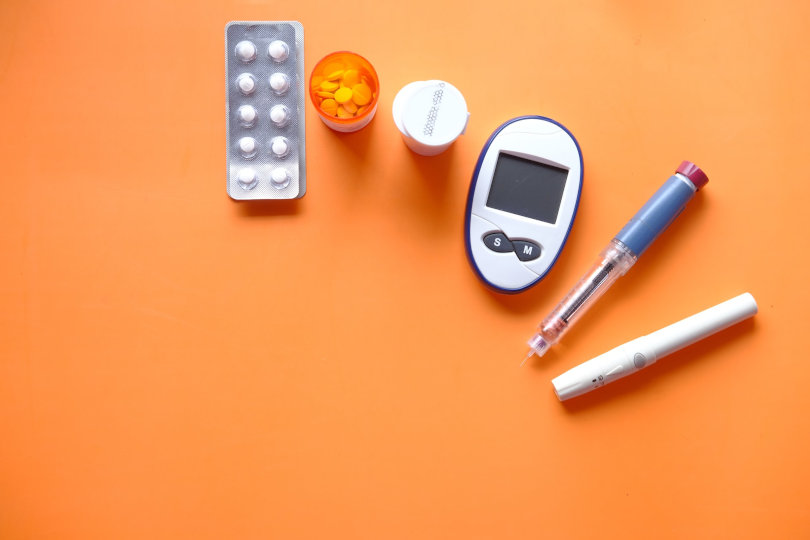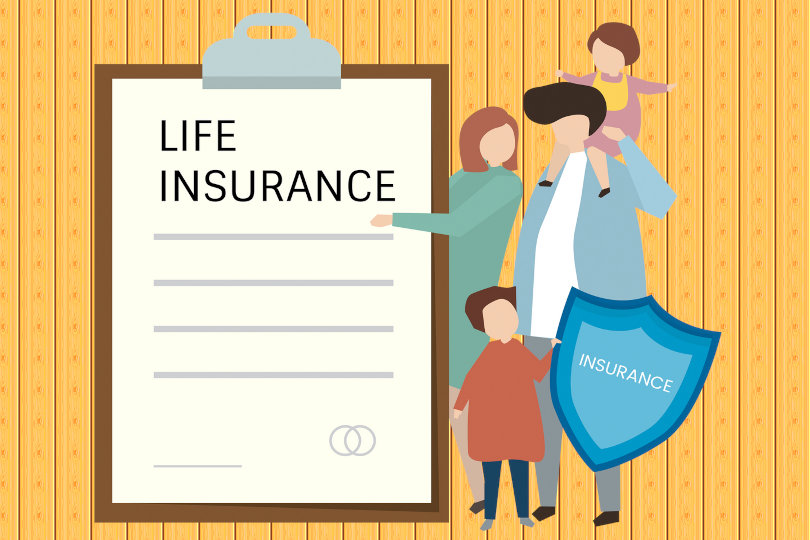Diabetes is a complex illness. Given its systemic nature, it affects the whole body. If you’re dealing with it yourself, you know better than anyone that there’s a plethora of lifestyle changes you must make in order to ensure your health is within optimal parameters. While it’s important for everyone to look after themselves, watch what they eat and get regular exercise, you must be all the more careful.
When you have diabetics, mistakes and changes to the usual routine have the potential to range from mildly uncomfortable to downright life-threatening, so it’s always good to stay on the safe side of things.

Just because you’re dealing with a disorder doesn’t mean you don’t have equal prerogatives. For example, like many other people, you may be considering getting life insurance. You’ve probably also heard about the struggles patients with pre-existing conditions face when trying to apply and obtain insurance.
Nevertheless, it wouldn’t be correct to assume that having diabetes automatically disqualifies you from the program. Here are some of the things you should have in mind.
Qualifying
When it comes to applying for life insurance as a diabetic, timing is everything. If you’ve already got insurance before you developed symptoms, you don’t have to worry about it, any coverage you have remains intact. However, you should inform the provider of your diagnosis. Failure to do so can fall under the category of life insurance fraud. The penalty can consist of immediate annulment of your insurance policy, typically with no refunds.
If you’ve developed diabetes and are looking to get insurance, the best course of action is to wait until your condition is under control. This guarantees you’re more likely to qualify and may even be able to bypass the extra fees associated with pre-existing conditions. The healthier you are, the easier it is to find an indemnity package that suits you. For instance, if your medical exam results show stable blood glucose levels for an entire year, you’re more likely to be offered better coverage options and be subjected to overall lower fees.
Your lifestyle is just as important a factor. If you’re obese or smoke, it can be considered an additional risk. Diabetes also increases your risk of a plethora of other conditions, making you more susceptible to stroke, vision impairment or loss, neuropathy, heart disease, hypertension and even amputation. So, while there are general rules that apply to everyone, your medical history will be judged individually.
Applying
If you’ve decided to apply, you need to choose between the types of insurance available to you as a diabetic. These include:
- Term and permanent life insurance: If your disorder is well-managed, you can qualify for either of the two options. The former is more affordable and provides coverage within only a predetermined number of years, while the latter covers the whole life.
- Final expense: Policies such as this one are used to help pay for medical bills and other end-of-life expenses.
- Simplified issue: This is the ideal option if you find diabetes to be a major impediment in your pursuit of getting insurance. A simplified issue policy allows you to apply by completing a health survey and answering medically-related questions. There’s no need for an additional medical exam, so if you know that you’re in good shape overall, this is the ideal solution.
- Guaranteed issue: This type of coverage is typically more expensive, but there’s no risk of your being disqualified due to health problems. This is even an appropriate alternative if you’re struggling to keep your diabetes under control.
As a general rule, you should try and prioritize your health as much as possible in the period before heading out to complete forms and choose the insurance plan you want. There are some things you cannot control, such as family medical history, but there are also many other things that are 100% up to you. High-risk behaviors and hobbies such as parachuting, rock climbing or motorcycle racing can be a spot on your record and cause you to get less than favorable outcomes.
If you smoke, quitting will make a great difference. Not only is it bad for your health, the insurance company you choose is also less likely to offer you a good deal and package. Alcohol intake is in the same category, with the amount you drink on average a very important factor in determining whether or not your application will be successful. You should also make sure you drive as carefully as possible.
Multiple violations (whether failures to signal, disobeying traffic regulations, texting and driving or following another driver too closely) are instantly going to put you in the high-risk category in the eyes of your insurer.

Reduce costs
Getting a physical examination and undergoing a few tests are mandatory when you want to get life insurance. In the months prior you should try and keep your health in perfect order. Your weight, blood pressure and glucose levels are very important. If they’re not optimal, it can mean there will be delays in the application process. If everything turns out great, you’ll be able to get a great insurance plan.
When your condition is under control and you fit within favorable parameters, your health records will show a higher rating. This is very important in determining the price you’re going to pay.
The best way to ensure you get the best deal available on the market is to take care of your health in the long-term. It’s important to maintain the same fitness levels even after you’ve achieved your goal. When you’re struggling with diabetes, keeping an eye out for your health is vital. Take up exercise if you don’t already have a workout routine in place. You don’t have to do something very strenuous, especially if you’re not used to a lot of physical effort, biking, swimming and a bit of Yoga will do just fine.
Chris Stocker with Diabetes Life Solutions notes “for those individuals that use FitBit devices or other apps to monitor your activity, you may be rewarded with discounted premiums. Certain life insurance providers may offer 6% to 9% discounts to those people who are active and agree to share their data from their wearable devices with them. This is a great way to save on the cost of premiums over the duration of the policy.”
You can also request help from an independent life insurance agent. They can assist you in finding the best options available on the market. The independent quality means they’re not going to try and steer you towards a particular company for the sole purpose of getting more prospective clients to join.
Getting life insurance as a diabetic can be a challenging experience. But if you take care of yourself properly, you’ll be able to snag a good life protection package.







